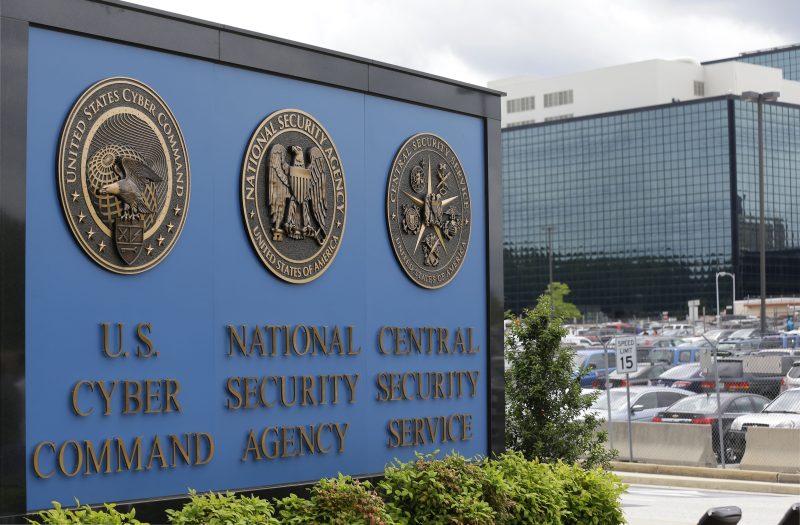The hacking of the Trump campaign’s digital operations serves as a stark reminder of the vulnerabilities present in the electoral process. While the immediate implications of this breach may seem limited to a single organization, experts warn that this incident could indicate wider election disruptions on a broader scale.
One key concern highlighted by cybersecurity experts is the potential for bad actors to sow chaos and uncertainty by infiltrating political campaigns. By compromising confidential information and spreading disinformation, hackers can undermine the integrity of the democratic process and erode trust in the outcome of elections. In a highly polarized political environment, such tactics have the power to deepen divisions among the electorate and fuel conspiracy theories.
Moreover, the Trump campaign hack raises the specter of foreign interference in the electoral process. As state-sponsored cyber threats become more sophisticated and pervasive, the line between domestic and international threats blurs. The infiltration of a major political campaign by foreign actors could have far-reaching consequences beyond the immediate election cycle, affecting national security and diplomatic relations.
In response to these mounting threats, election officials and cybersecurity experts are calling for increased vigilance and collaboration. Securing the integrity of elections requires a multi-faceted approach that includes implementing robust cybersecurity measures, conducting regular risk assessments, and enhancing information-sharing mechanisms between government agencies and private sector stakeholders.
Furthermore, the Trump campaign hack underscores the importance of transparency and accountability in political campaigns. Organizations must prioritize cybersecurity awareness training for staff, implement security best practices, and regularly audit their systems for vulnerabilities. By taking proactive measures to safeguard their digital infrastructure, political campaigns can reduce the risk of falling victim to cyberattacks and protect the integrity of the electoral process.
Ultimately, the hack of the Trump campaign serves as a wake-up call for all stakeholders involved in the electoral process. As cyber threats continue to evolve and proliferate, the need for heightened cybersecurity measures and proactive risk management strategies becomes increasingly urgent. By working together to fortify the resilience of our democratic institutions, we can mitigate the risks of election disruptions and uphold the integrity of our electoral process for future generations.
